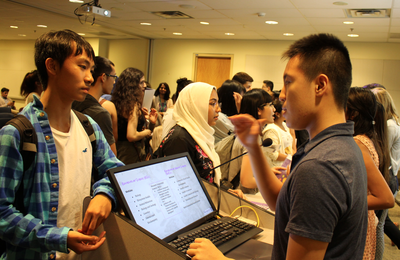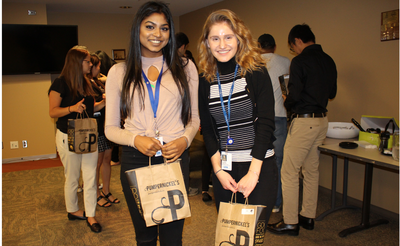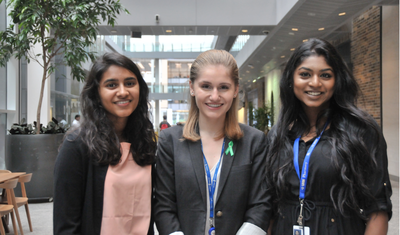Advanced Student Placement Integrating Research Education (ASPIRE)
|
The Advanced Student Placement Integrating Research Education (ASPIRE) is a pilot initiative launched by the Multi-Organ Transplant Student Research Training Program (MOTSRTP). The program is geared to high-achieving students who are going into or have completed their final year of secondary school, and provides students with an opportunity to gain both education and work experience in a clinical research environment.
ASPIRE students work in a team of MOTSRTP trainees under the supervision of one of the MOT Mentors/Principal Investigator (PI). Opportunities include but are not limited to: 1. DATA MANAGEMENT: This includes collection, entry, validation, and statistical analysis of patient data for epidemiological research conducted within the MOT program 2. KNOWLEDGE SYNTHESIS: Characterizing and answering current and relevant questions in transplantation medicine using literature databases such as MEDLINE and OVID 3. INDEPENDENT PROJECTS: Students collaborate with PIs to conduct research and healthcare quality related projects, with the goal of presenting findings both locally and externally 4. HEALTH CARE INNOVATION: Curate solutions to resolve inefficiencies and enhance quality improvement in the delivery of transplant medicine 5. KNOWLEDGE TRANSLATION: Design patient engagement materials to improve patient experience at Toronto General Hospital (examples include patient engagement brochures, newsletters, and bulletins) 6. EDUCATIONAL ACTIVITIES: Participation in a wide range of educational activities including ASPIRE education seminars, STATA and statistics training, journal clubs, and UHN medical rounds. Summer session students will also be able to attend the Summer Program in Clinical Epidemiology and Biostatistics (SPICE and B), and the Toronto Transplant Institute Summer Student Program courses. ASPIRE trainees are also given the opportunity to participate in several clinical observations, during which they may shadow a doctor/fellow as they complete their daily clinical rounds. Possible observations include:
For more information about ASPIRE, please visit: http://motsrtp.ca/program/aspire/ |
|










